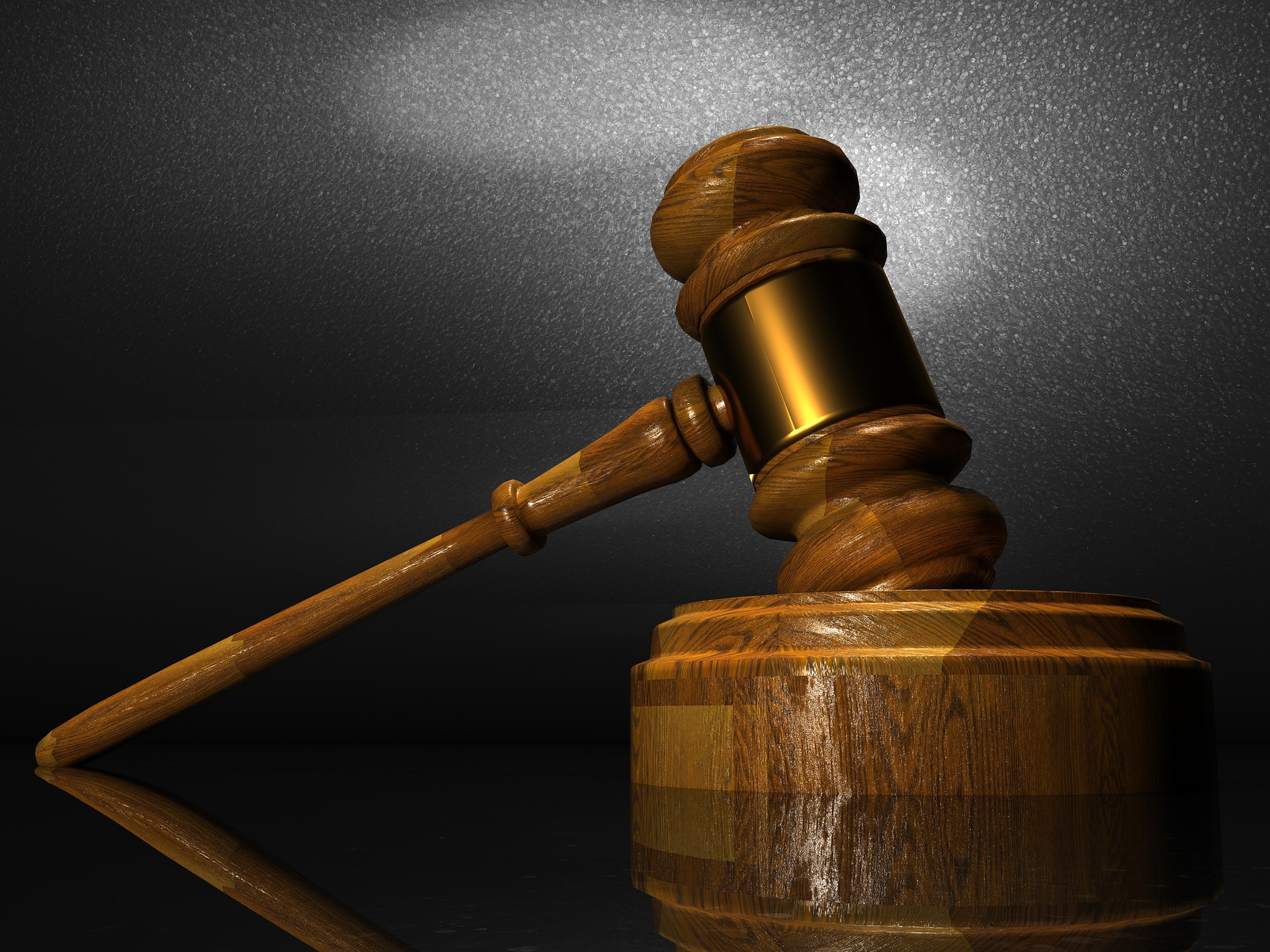OAG Verdict Necessiates Regulation of Centralized Crypto Exchanges

The New York Office of the Attorney General (OAG) led by Barbara Underwood is adamant. Her office understands that while cryptocurrencies are a medium of exchange, an investment tool and an emerging technology. Because of this, New York residents deserve the right to know how cryptocurrency exchanges operate and protect their funds. That’s aside transaction integrity which is naturally expected. Under this spirit of access to freedom in a sector which no federal agency oversight, the New York OAG formed the Virtual Markets Integrity Initiative (VMII). The mandate is crystal clear: Protect and inform New York residents investing in cryptos.
Maximalist Versus Regulation—the Debate
For blockchain and cryptocurrency purists, this meant war. And the OAG is simply sparking more debate by their assertions. Notwithstanding, there are two clashing forces. The purists and maximalists who want to see crypto operate in a space of its own free from fiat, regulators and any kind of centralization. Most notably, they live by the spirit of decentralization. This is freedom for them. Conversely, there are realists who acknowledge governments and regulators. And the power they wield. As it has been the case on numerous occasions, governments get into this space to protect investors—like what OAG is doing. As such, they are willing to bend some Blockchain ideals for the sake of growth. Some of these chains include Ripple and Cardano—KYC, AML, and Gemini. Regulation for them is business friendly and beneficial for investors—and governments.
The OAG Questionnaire
Implementing their protection drive, the OAG forwarded detailed questionnaires to 13 US crypto exchanges including BitStamp. Questions were diverse and directed at persons running these exchanges. They were supposed to give their feedback on a variety of issues pertaining operation policies, investor protection, trading fees and other exchange specific questions. But, 10 did comply and three (Binance, Huobi and Kraken) chose not to respond saying the OAG had no power to twist them.
Some argued saying it was after all voluntary, not mandatory because anyway, they cannot offer their services in New York because of Bit license requirement. And they are right. At the moment, there is no federal agency that oversees operation of these important cogs of the cryptocurrency space. They are the bridge between segmented fiat and future money, crypto.
OAG Report and What it Means
Nonetheless, the office went ahead and drew conclusion from their answers. The verdict, unfortunately, was wanting for exchanges. The office was concerned about the shortcomings of these exchanges saying their procedures and policies were not fair and didn’t promote integrity or exceptional security as investors would otherwise expect.
This illumination of perhaps the filth in crypto exchanges working free from relevant oversight could spur governments to devise effective laws forcing crypto exchanges to fast-track their path towards transparency and user protection.
After all, cases of price manipulation through wash trading, fake volumes and the likes are rampant. That’s not forgetting hacks that have seen losses into billions of dollars. Coincheck is a perfect example. Furthermore, exchanges’ failure to implement real time and market surveillance tools for identifying market manipulation patterns. Besides, there must be collusion/corruption between exchanges and coin issuers and conflict of interest.
In the US, can New York AG’s office can fully oversee the workings of US crypto exchanges? Since they “know how traders can abuse market place” says Aaron Wright the professor at Cardozo School of Law. This streamlining might be necessary. Hopefully, that could see the expansion in this space as the narrative change from risky to desirable.
The post OAG Verdict Necessiates Regulation of Centralized Crypto Exchanges appeared first on Ethereum World News.